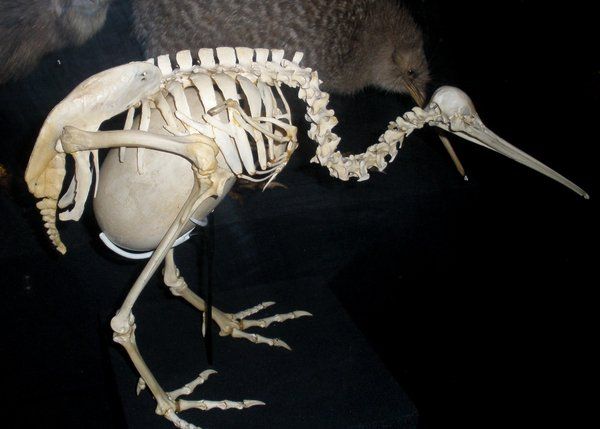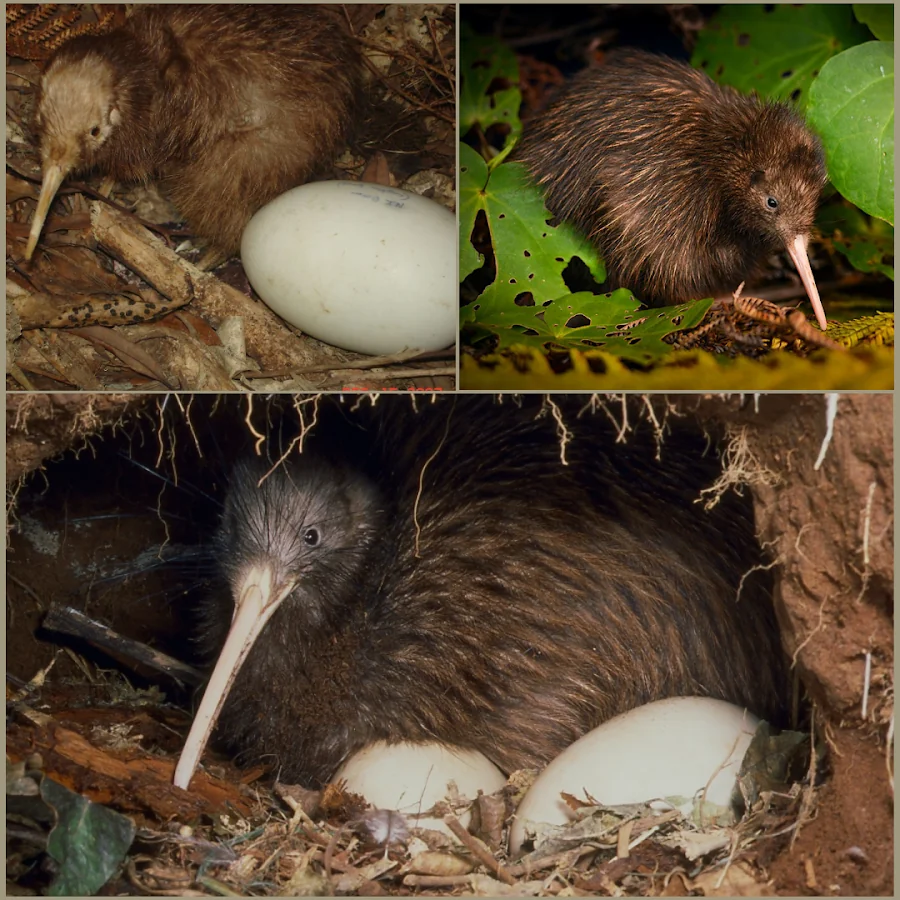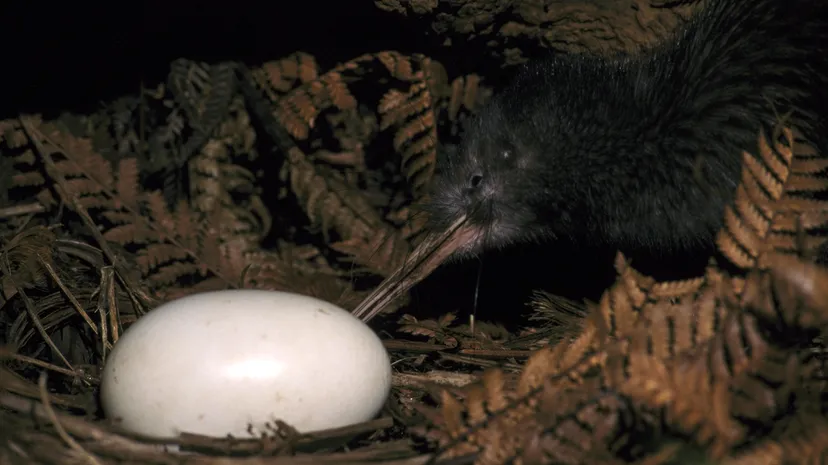The Kiwi: One of Nature’s Most Unique Birds

The kiwi, native to New Zealand, is one of the most extraordinary birds on Earth. Though it cannot fly, it holds a remarkable record that makes it stand out among all bird species: the size of the egg it lays compared to its body.
A female kiwi lays an egg that can weigh up to 20 percent of her own body weight. To put that into perspective, it would be like a woman weighing 59 pounds giving birth to a baby weighing 12 pounds. The sheer size of the egg pushes the boundaries of what seems possible in nature.
But the kiwi’s uniqueness doesn’t stop there. It is a nocturnal bird with hair-like feathers, nostrils at the tip of its long beak, and a keen sense of smell — features that are rare in the avian world. Unlike most birds, kiwis also have marrow in their bones, more like mammals than their feathered relatives.
Despite their small size and shy behavior, kiwis have become a national treasure of New Zealand, symbolizing resilience and distinctiveness. Conservation programs are now vital to protect these rare birds, as introduced predators and habitat loss threaten their survival.
The kiwi reminds us that nature’s wonders are not always the most powerful or the most visible — sometimes they are the quiet, hidden creatures whose existence pushes the limits of biology and captures the imagination of the world.











